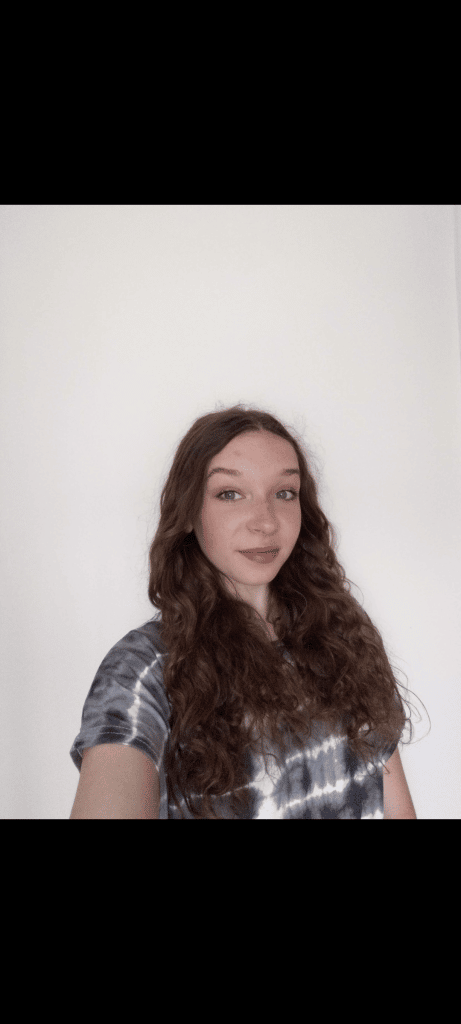
,
Abigail Booth
Student
I applied to the program after I applied to the Hull-York WP program and despite getting rejected from there I was accepted...Tell us a little bit about your background…
My parents emigrated from Malaysia in the late eighties so that my dad could study law here. He never graduated though, so my parents went around the UK working in Chinese takeaways and sending money back home. Eventually they settled in one-bedroom flat in Eastleigh, just outside of Southampton, and had me and my sister. We lived there until I turned 11, when my dad lost his job and we started house-hopping around Eastleigh. This meant long commutes to school. We weren’t settled until I was in my first year of sixth form when my parents were able to save up enough to buy our house.
What was your experience like on your Sutton Trust Summer School?
When I arrived for my UK Summer School, I found Cambridge really daunting. The university is so big, with so many colleges and everything in the computer science department was new and shiny. It was intimidating. But then I noticed the real passion the staff had for the subject – they really cared about teaching and were really passionate about the subject.
In that week I learned how to program, learning Python from scratch. I was put in a group with other people who had never programmed before and by the end of the week we had a made a Connect Four game, which was really, really satisfying. We also had a demonstration afternoon from some of the university’s student societies – I didn’t realise there was a whole other, fun community side of university life outside of studying.
Overall, the Sutton Trust Summer School was really good at giving me a taste of what studying at university actually is. Open days are great, but they’re sugar-coated. They tell you why their university is great, why their course is great, but they don’t give you a realistic experience of what university is like. The Summer School did.
How has your career developed after the programme?
I went to study Computer Science at Imperial College London. My four years there weren’t always easy, but I really enjoyed it and got involved with a lot of student societies and the students’ union as well.
I was heavily involved with DoCSoc (Department of Computing Society), the student-run society which exists to enhance the welfare and prospects of Imperial’s computer science students, and also runs IC Hack – Imperial College’s original and largest annual hackathon. In my second year I was elected as the society’s Events Coordinator and in my third year I was President. One of the reasons I wanted to get involved was to make sure that students from working class backgrounds were well-represented. I was also elected to a seat on the Union Council, but I found the culture and atmosphere of that year’s body of students frustrating. This meant I unfortunately didn’t achieve as much as I had wanted to. So, a year later, I ran as a joke candidate on a whim, posing as a shouty, anti-Brexit Patrick Star… and accidentally won a seat!
Right now, I’m working as a software engineer at the financial technology start up Thought Machine. Currently, much of the technology that retail banks are using is archaic. As banks have grown over the years through mergers and acquisitions, lots of their systems are ineffectively structured – essentially, many different components are taped together. We are building a modern and scalable core banking engine which will help banks to be more innovative and improve the service and products they offer to their customers. My role at the company is mainly helping to build the user interfaces that bank operatives use.
What are your ambitions for the future?
In the short-term, I want to encourage more people from working-class backgrounds to seriously consider a career in software engineering. Ultimately, I want to use what I’ve gained to improve the prospects of all people from such backgrounds – whatever that might look like.
Do you have any advice for future Sutton Trust students interested in tech?
Learn to program! Don’t worry if the idea of code seems really intimidating at first – it’s not as difficult as it might seem. I like to think of coding as just Lego for grown-ups. If you liked playing around with Lego as a kid, you’ll probably really enjoy coding and creating software!
YouTube is a really good place to look if you have no idea where to start. If you’ve already done that, work on a project so that you have something visible to use your programming skills and knowledge towards. That could be building a website from scratch using JavaScript, creating a mobile or Amazon Alexa app which does something useful, or even a Raspberry Pi Twitter bot!